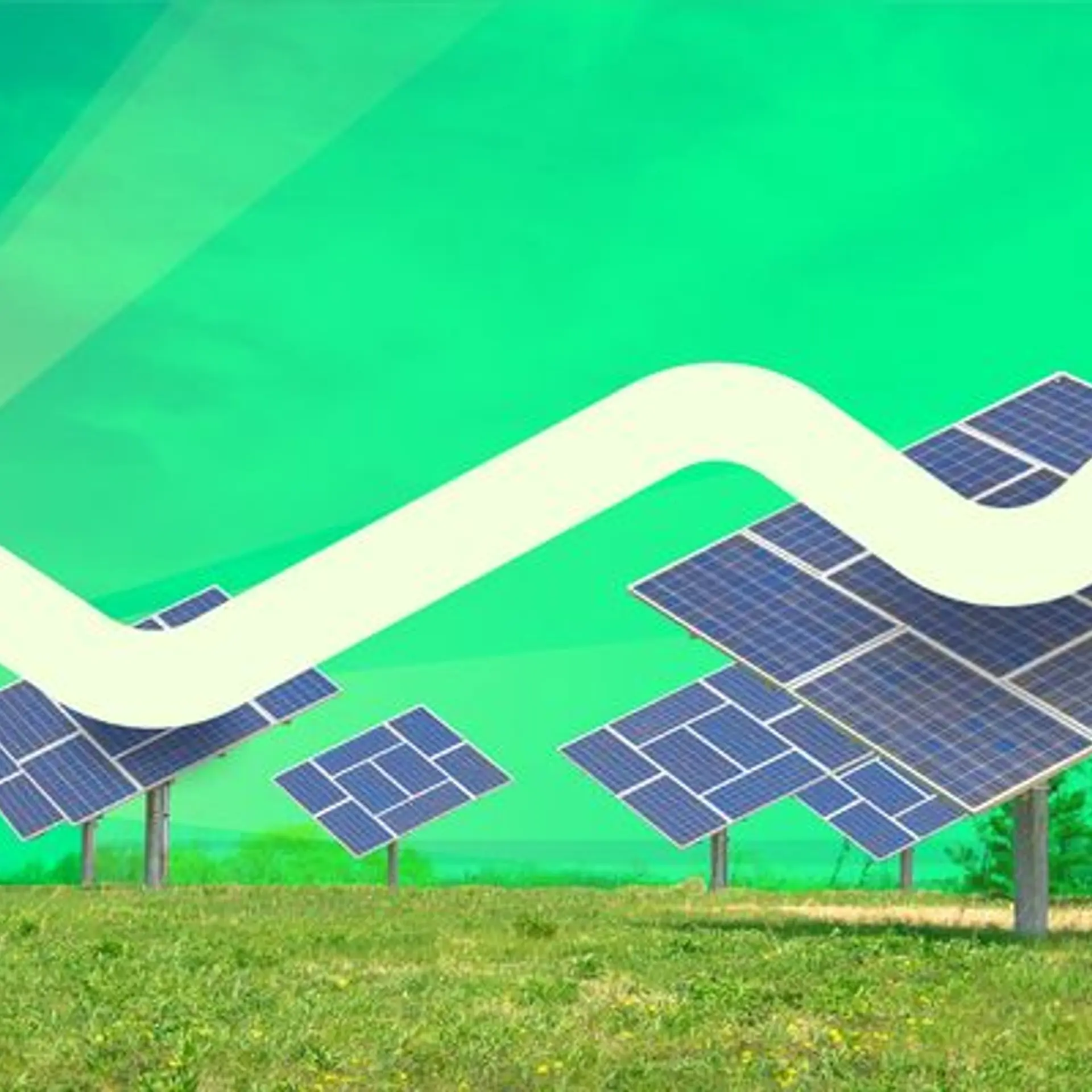Feeding the future: Upcycled food as a sustainable alternative in animal diets
In an era defined by the urgent need for sustainable practices, upcycled food has emerged as a pivotal solution in transforming how we feed livestock.
Upcycled food refers to the practice of repurposing surplus or by-products from the human food supply chain into nutritious animal feed. This innovative approach tackles the pressing issue of food waste and offers a sustainable alternative for enhancing animal nutrition while reducing the environmental footprint of agriculture.
The problem of food surplus and environmental impact
Food loss and waste is a global challenge of monumental proportions, with about one-third of all food produced for human consumption lost or wasted annually. This inefficiency squanders valuable resources such as water, energy, and land and contributes significantly to greenhouse gas emissions when food decomposes in landfills.
Traditional livestock farming exacerbates these issues. Conventional animal feed production relies heavily on monoculture crops like soy and corn, which necessitate extensive agricultural land use, water consumption, and inputs such as fertilisers and pesticides.
This intensive production contributes to deforestation, biodiversity loss, and water pollution, exacerbating environmental degradation.
Upcycled food: nutritious and sustainable
Upcycled food offers a sustainable alternative by redirecting surplus food that would otherwise be discarded into high-quality animal feed.
Surplus fruits, vegetables, bakery products, and by-products from food processing industries are carefully selected, processed, and formulated to meet the nutritional requirements of various animal species. It ensures optimal health and performance and supports sustainable agricultural practices.
Environmental benefits
- Reducing food loss: Upcycled food helps minimise methane emissions and reduces the overall environmental impact associated with wasted food by diverting surplus food from landfills and incinerators. It contributes to a more circular economy and conserves resources that would otherwise be lost.
- Lower carbon footprint: The production of upcycled food generates fewer greenhouse gas emissions compared to conventional feed production. It reduces the need for additional land and water resources while mitigating the environmental footprint of agriculture, making it a more sustainable choice for feeding livestock.
- Resource conservation: Utilising surplus food for animal diets reduces the demand for new agricultural land and helps conserve biodiversity. It minimises the pressure on natural ecosystems and promotes more efficient resource utilisation within the food system.
Benefits to animals
Besides its environmental advantages, upcycled food offers significant benefits to animal health and welfare:
- Nutritional quality: Upcycled food can be enriched with vitamins, minerals, and other essential nutrients through advanced processing techniques, ensuring animals receive a balanced diet that supports their growth, immunity, and overall well-being.
- Palatability and digestibility: Many upcycled feed ingredients are highly palatable and easily digestible, making them suitable for a wide range of animal species. It improves feed conversion efficiency and reduces the occurrence of digestive issues, enhancing animal health outcomes.
- Disease prevention: Some upcycled ingredients contain bioactive compounds that can contribute to disease prevention and immune system support in animals. It helps reduce the need for antibiotics and veterinary interventions in livestock farming by promoting overall health.
Future innovations
The future of upcycled food lies in continued research and innovation. Advances in technology and processing techniques will further optimise the nutritional quality, safety, and consistency of upcycled feed ingredients.
Collaborations between food manufacturers, agricultural producers, and research institutions will drive these advancements, expanding the range of upcycled food products available for animal diets.
Moreover, policies that support sustainable agricultural practices and promote the circular economy will incentivise businesses to adopt upcycled food solutions as part of their sustainability strategies. Initiatives aimed at reducing food waste throughout the supply chain will complement efforts to enhance the availability and accessibility of upcycled food for animal consumption.
Conclusion
Upcycled food represents a promising solution to the dual challenges of food waste and environmental degradation in livestock farming.
We can reduce greenhouse gas emissions, conserve natural resources, and promote a more sustainable food system for future generations by repurposing surplus food into nutritious animal feed. Embracing upcycled food benefits the environment and contributes to global efforts towards achieving sustainable development goals.
As we strive to feed a growing population while preserving our planet's finite resources, upcycled food stands out as a testament to innovation and sustainability in agriculture. We can create a more resilient and efficient food system that nourishes animals and the environment by harnessing the potential of surplus food.
In conclusion, upcycled food is not just a solution for today but a pathway towards a more sustainable future—one where efficiency, conservation, and innovation converge to feed the world responsibly.
Saket Dave is the Founder and CEO of Wastelink.
Edited by Suman Singh
(Disclaimer: The views and opinions expressed in this article are those of the author and do not necessarily reflect the views of YourStory.)









